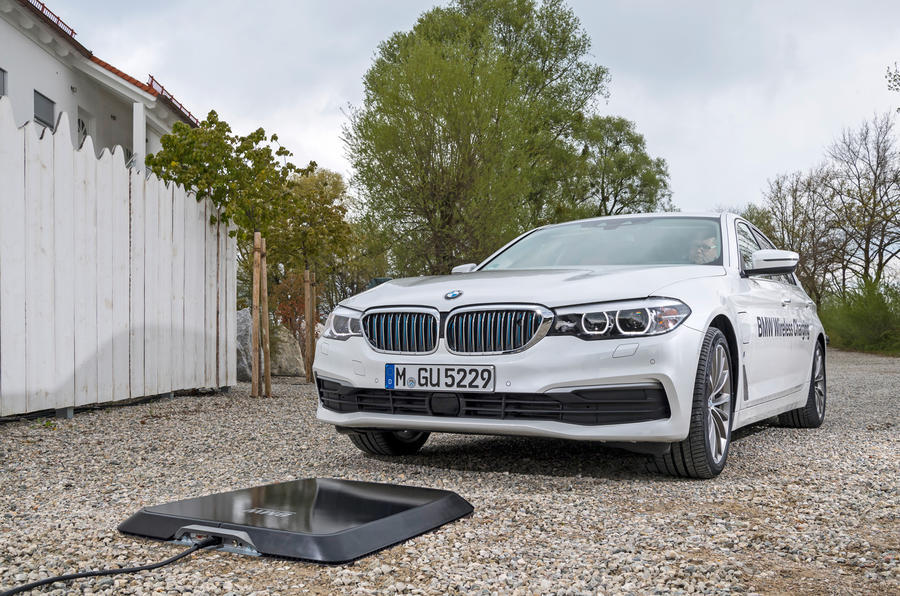A new research project conducted by Western Power Distribution (WPD) with backing from Toyota and Coventry City Council will examine whether wireless chargers could remove "significant" barriers to widespread EV adoption.
Described as "the first of its kind in the UK", the DynaCov project will assess whether inductive charging technology could help to relieve pressure on the National Grid and alleviate range anxiety by making EV charging quicker and more accessible.
It will work by replacing the conventional socket-to-socket charging set-up with a wireless charger beneath the asphalt, which connects to a receiver in a vehicle above to top up the battery.
The technology would allow, said WPD, for "multiple substation connection points along the length of the charging strip", which would be beneficial to network operators and lessen the strain on the National Grid in peak hours.
WPD and energy regulator Ofgem are providing £417,000 of funding for the project, which will also investigate whether such technology can be retrofitted to existing EVs.
It's anticipated that electric heavy goods vehicles (HGVs) stand to benefit most from such technology, given the substantial size of the batteries they need and the large number of miles they cover on a daily basis.
The first stage of the project, conducted by low-emissions vehicle research firm Cenex, will "explore existing expertise and developments in this area" before Coventry University determines how such technology could be implemented across the West Midlands city.
WPD plans to publish the results of the study by February 2022 but said an initial trial could be announced during 2021.
Ricky Duke, WPD innovation and low-carbon network engineer, said: “The ability to charge your vehicle while on the move would be a massive game-changer for the nation, and the launch of our study marks an important milestone in our journey towards identifying new and exciting ways to support the mass adoption of EVs across the country.
“As we look to the New Year and start to think about a post-Covid-19 world, it will be ground-breaking tech and innovation such as this that paves the way to the UK’s green recovery and helps us achieve the fovernment’s net-zero target by 2050.”
READ MORE
Analysis: Is wireless EV charging the future?









Join the debate
Add your comment
Nice idea,
Yes, inductive would be a great step forward, as said no range anxiety, HGV vehicles would benefit to, but, what about the state of the roads?
Massive power losses, crazy cost and tiny market.